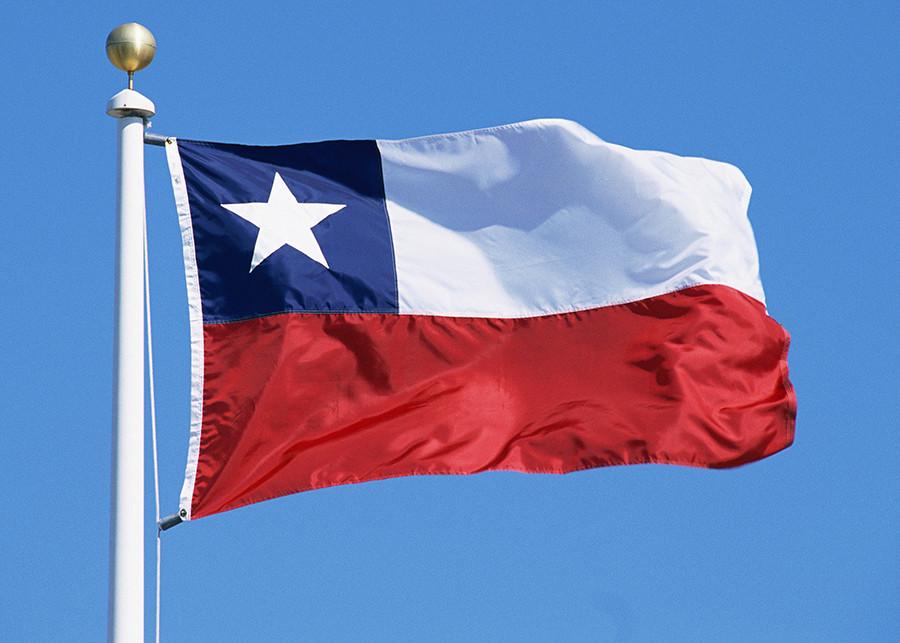Visiting a foreign country for the first time with a different language and culture can be both exciting and nerve-wracking.
There are many things to consider when preparing to study abroad. Preparation may come in the form of brushing up on the local language or researching the dos and don’ts of the local culture.
Preparing for a natural disaster, on the other hand, might not be something someone even considers before leaving the country.
An 8.3-magnitude earthquake struck Chile on Sept. 17 at 7:54 p.m. and two San Diego State students, studying abroad at the University of Valparaiso in Vino Del Mar, Chile, experienced it first-hand.
SDSU senior Travis Leseth and international business major Giuseppe Marzola live in Vino Del Mar and were eating dinner by the beach when the earthquake started.
While they both experienced earthquakes previously in Chile and California, this was by far the most severe.
“It felt like we were on a boat, everything (in the restaurant) was rocking back and forth,” Marzola said.
Natural disasters are terrifying on their own, but being in a place where Spanish is the official language made things more concerning because neither Leseth nor Marzola speak Spanish.
After the initial quake subsided, government officials came to the beach with megaphones and began making announcements in Spanish. A local resident eventually approached the two and explained to them in English they needed to evacuate the beach immediately because of a potential tsunami.
Chile lies in the “Ring of Fire’” where the most earthquakes occur on the planet. Leseth said the Chilean people are very used to earthquakes and tsunamis and the government was well-prepared.
“They have really strict building codes, and there was not much damage (in the city) where I’m staying,” Leseth said.
Evacuation instructions are placed on street signs in many cities.
The earthquake lasted for several minutes, and the two knew it was serious because of the way the locals reacted.
“People started scrambling … it wasn’t a panic, but people were really worried about a tsunami,” Leseth said.
While there was significant traffic on the roads in the hours after, normalcy in Vino Del Mar resumed after no signs of a tsunami arrived.
“Just a few hours later, people were outside walking their dogs,” Marzola said.
Smaller earthquakes continued in the weeks following the big 8.3, and while both Leseth and Marzola felt safe, they discussed amongst themselves the idea of coming home early.
Ultimately, despite their parents being extremely worried, the two decided to stay in Chile for the rest of the semester in order to finish their study abroad program.







